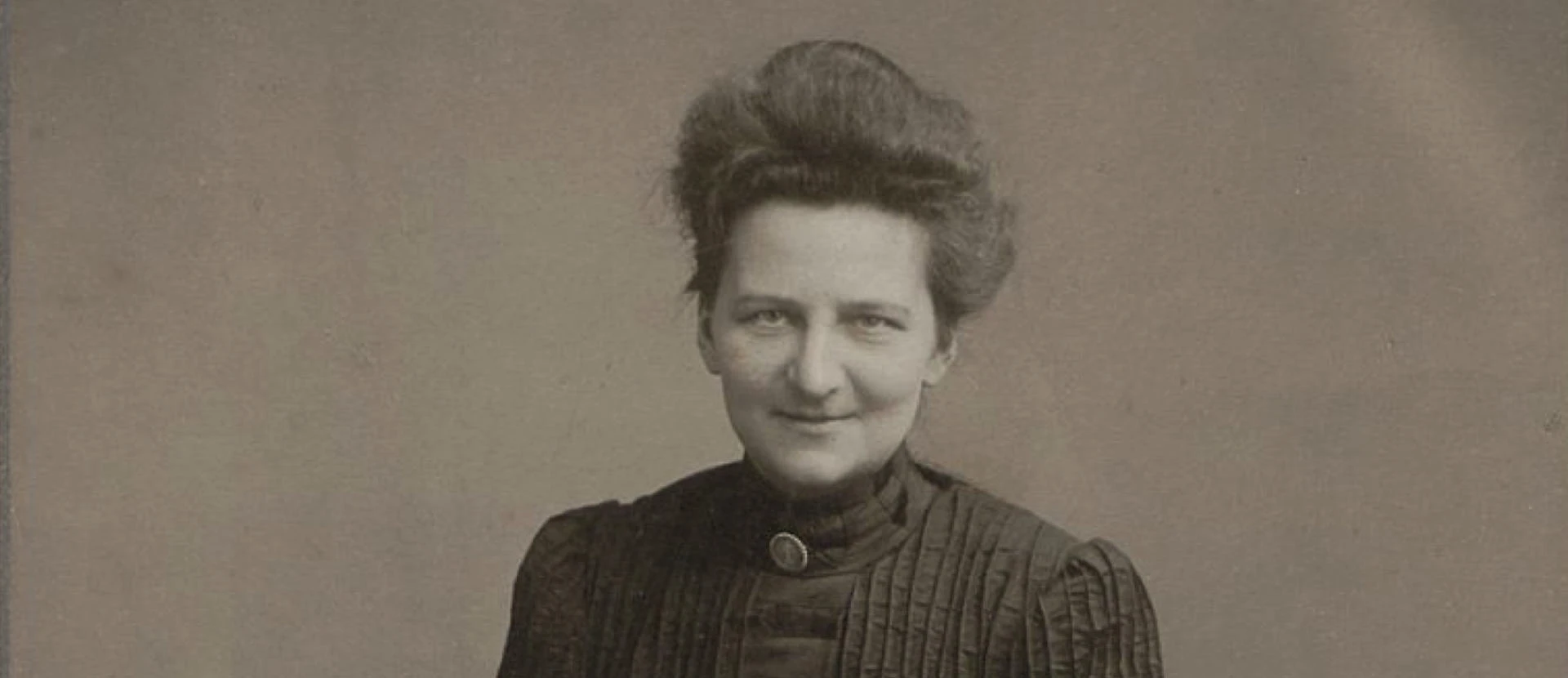Translating Feminism in National and Transnational Spaces. A biographical perspective on women's movements around 1900

Gerda Henkel Visiting Professorship Lecture
The International History Department co-hosted the Gerda Henkel Visiting Professorship Lecture with Professor Johanna Gehmacher on 27 November 2018. The event was chaired by Professor Piers Ludlow (LSE International History.)
The lecture explored the concepts of feminism and transnationality through the example of Käthe Schirmacher (1865-1930).
Schirmacher, born in Danzig, was a writer, journalist and feminist activist. Professor Gehmacher argued that she is an example of the complexities of transnationalism through several practices, including language, travel and translation. Learning languages, for example, was one of the few ways women could earn a living, whilst men during this era were taught classical languages as opposed to the modern languages of French and English that Shirmacher spoke fluently. Professor Gehmacher argued that such practices need to be further analysed so that their deeply gendered nature becomes visible.
In Schirmacher’s role as a translator, she was able to transfer and change the meaning of texts by choosing particular words and phrases, as well as writing the preface to texts which enabled her and her perspective to become visible to the reader. As Schirmacher later in life broke with the liberal women’s movements of which she had been part of and turned instead to German nationalism, she imparted her translations with a different message. Gehmacher concluded from this case study that we should understand feminism as a travelling concept which changes in its historical and political context.
Professor Johanna Gehmacher is 2018-19 Gerda Henkel Visiting Professor in the Department of International History. Her research focuses on women’s and gender history of the 19th and 20th century in Europe. Among other issues she is interested in the history of biographical thinking as a site of recurring de- and reconstructions of gendered and nationalised identities.
The Department of International History (@lsehistory) teaches and conducts research on the international history of Britain, Europe and the world from the early modern era up to the present day.
** Watch a recording of the event **
LSE holds a wide range of events, covering many of the most controversial issues of the day, and speakers at our events may express views that cause offence. The views expressed by speakers at LSE events do not reflect the position or views of The London School of Economics and Political Science.
Photo credit:
Das Schirmacher Projekt - Universität Wien
LSE holds a wide range of events, covering many of the most controversial issues of the day, and speakers at our events may express views that cause offence. The views expressed by speakers at LSE events do not reflect the position or views of the London School of Economics and Political Science.
